Ahead of Robert Harvey’s elevation to ‘Legend’ status in St Kilda’s Hall of Fame on Saturday night, Leigh Montagna recalls times during his infancy when the champion midfielder vividly illustrated how to be a professional footballer, and then some more.
Montagna may not have played with Harvey at the peak of the dual Brownlow medallist’s powers, but the eight-time All Australian’s legendary thirst for hard work was a source of inspiration, even at the tail end of his 383 game career.
“He was an inspiration to learn off. He was the one of those guys that when you first started training you thought you were working hard as a kid and then you looked at Robert Harvey and you went ‘ooh jeepers’,” Montagna told Melbourne radio station Triple M on Thursday morning.
“You were on the bike and you thought you were working hard and then you looked at the sweat coming off Robert Harvey.
“It was an eye opener into the level you had to get to to become a professional. And he was the best of the best, so we were lucky to have someone like him to learn off.”
'The only time success comes before hard work is in the dictionary'
Two rounds and 18 games may be a small sample size to pass judgement on, but already from an aesthetic perspective, many sections of the football world are praising the current state and style of the game.
Montagna believes the game has become higher scoring on the back of how aggressive teams are being when it comes to their defence, particularly with how high up the ground they are pressing, allowing greater opportunities for sides to score goals at the back in open space.
“There’s two parts to it. Everyone’s talking about the offensive part of everyone’s game and that’s certainly become more of a focus since the defence dominated the competition through Collingwood and St Kilda’s era in ’09 and ’10 and building through there,” Montagna said.
“But the other part that’s made offense look better is how aggressive everyone’s becoming on defence. Everyone’s defence is now pushing right up the ground to keep the ball in their forward half.
How one Brownlow fueled a second medal
“So if you can break that line and get the ball out the back, there are easy goals to be kicked. We’d all agree we’ve seen a lot of goals kicked this year from the goal square because if you can take the game on and get over the teams defences you’re able to score goals.
“So it’s more aggressive and attacking offence, but the very aggressive defence that a lot of teams are playing also allow you to keep the ball in but score more goals if you can get through.”
Across the entire opening round of 2016, average team scores leapt from 86.6 points last year to 97.6 points – that’s an average of four more goals per game - with nine teams eclipsing the 100 point barrier – five more than in 2015.
Higher scores don’t necessary translate to a better product, but already in 2016 the buzz generated by the game has translated into bigger crowds with the most people in the game’s history attending games in Round 2. More than 352,000 people flocked to the nine games last weekend to emphasise the product enjoyment levels at the minute.


